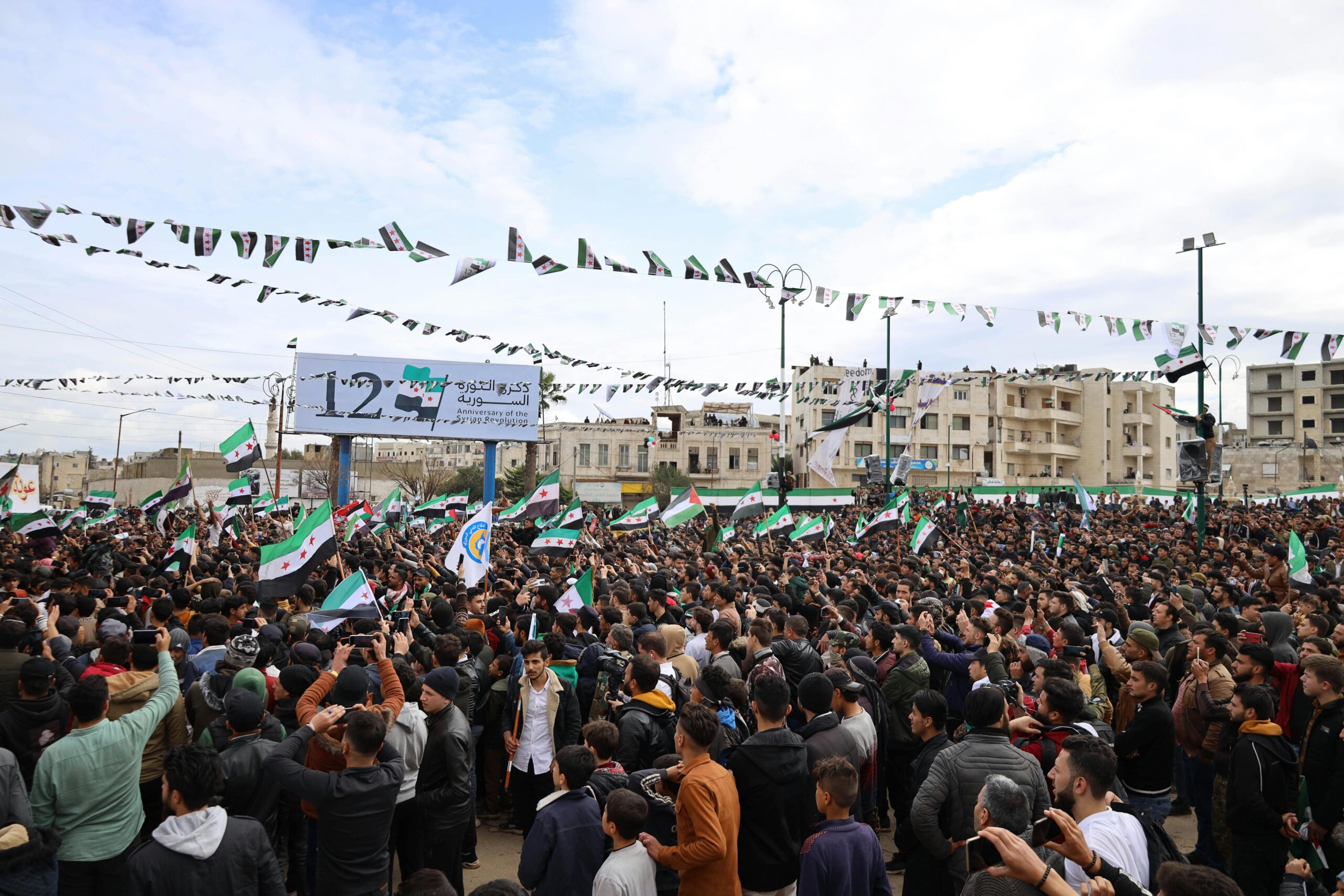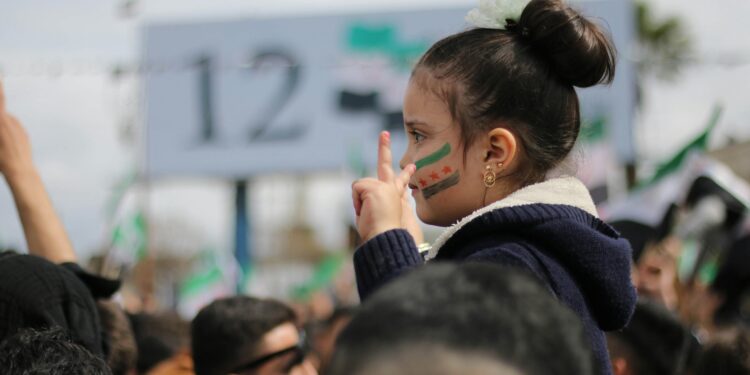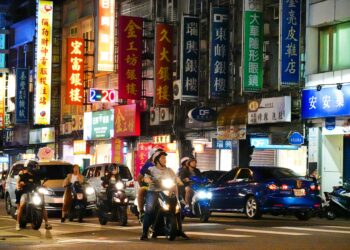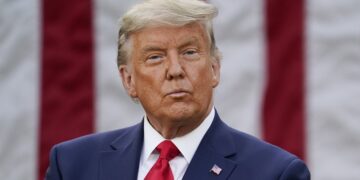German and French officials are set to meet Syria’s new governing authorities in Damascus on Tuesday, marking a striking expansion of Western engagement with the administration led by the Islamist Hayat Tahrir al-Sham (HTS) group. This comes just hours after British diplomats held their own high-level meeting late Monday with the new leader, Ahmed al-Sharaa formerly known by his nom de guerre, Abu Mohammed al-Golani.
Sharaa’s rise to power follows the shocking ouster of Bashar al-Assad just nine days ago, a development that has upended the geopolitical status quo in Syria and sent shockwaves through Moscow and Tehran, longtime backers of the Assad regime. Yet even as Western states cautiously open channels to Damascus, they remain entangled in a web of contradictions: HTS, after all, is still officially designated a terrorist organization due to its past as an al-Qaeda affiliate.
The Currency Crisis and Calls for Sanctions Relief
Facing the daunting challenge of governing a shattered country, Sharaa’s newly appointed prime minister issued a stark warning: Syria’s currency reserves are dangerously depleted. At the same time, Sharaa himself used his meeting with the British delegation to press for sanctions relief and the restoration of ties, framing such measures as crucial for the return of millions of displaced Syrian refugees.

Yet Western powers must grapple with the optics of engaging HTS. The meeting’s carefully curated imagery, Sharaa dressed in a suit and open shirt seems calculated to project moderation, a deliberate departure from his militant past. Still, critics argue that this soft rebranding does little to erase the group’s extremist origins.
Western Calculations: Realpolitik or Risky Gamble?
The presence of British officials in Damascus signals a pragmatic, if uncomfortable, shift. UK Foreign Minister David Lammy emphasized the importance of engaging with both interim authorities and civil society groups, though he stopped short of endorsing the new regime outright. Meanwhile, Germany’s foreign ministry confirmed its own plans for talks, cautiously describing the HTS leadership’s actions so far as “prudent” while acknowledging its “roots in al-Qaeda ideology.”
This thin line between engagement and endorsement highlights the West’s dilemma: Should they prioritize stability and reengagement, or remain steadfast in isolating groups with extremist pasts?
A Shadow of Uncertainty
The new authorities in Damascus have moved quickly to consolidate control over state institutions, but their long-term vision for Syria remains murky. Sharaa’s promises of a “state of law and institutions” ring hollow to many observers, given HTS’s track record of authoritarianism and ideological rigidity.
Western officials are also wrestling with public skepticism at home. How can governments justify negotiating with a group that was, not long ago, synonymous with extremism and violence? Critics warn that such overtures risk legitimizing HTS, undermining international efforts to combat terrorism.
The Geopolitical Fallout
The toppling of Assad, once an immovable fixture in Syria’s political landscape represents a major defeat for Russia and Iran, raising questions about the future balance of power in the region. Western governments, wary of leaving a vacuum to be exploited by adversaries, appear eager to explore new diplomatic possibilities. Yet the path forward is fraught with uncertainty.
For now, Western engagement with Damascus feels like a high-stakes gamble: a tentative step toward a new relationship, shadowed by doubts about HTS’s intentions and legitimacy. Whether this shift represents a pragmatic effort to stabilize Syria or a dangerous capitulation remains to be seen.















